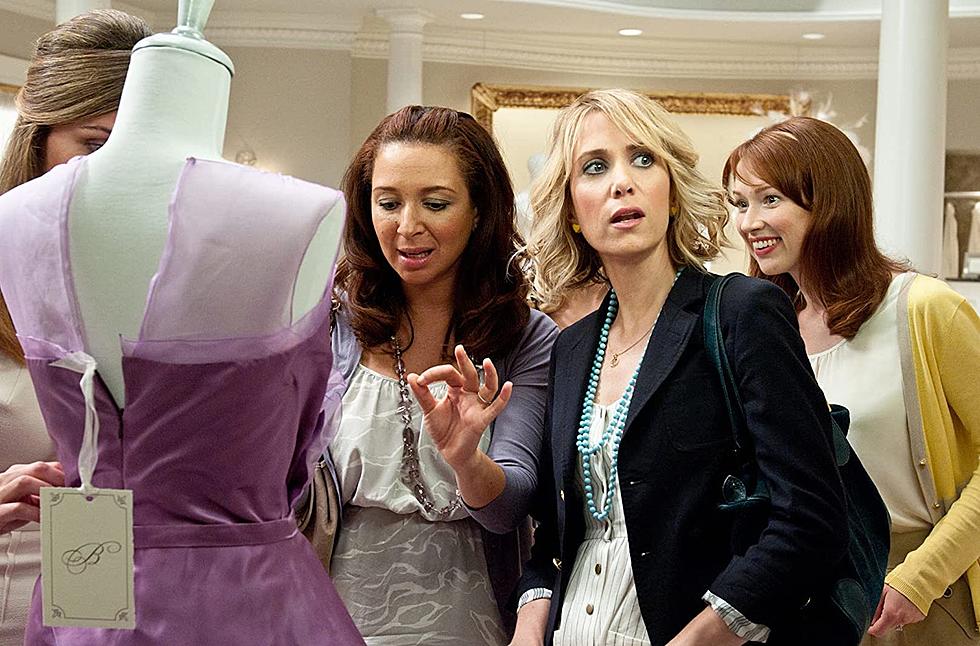
Paul Feig, Nina Jacobson and 50 More Hollywood Execs Form Campaign to End Gender Inequality
Every year, USC and Geena Davis’ Institute on Gender in Media (among others) release the findings of their studies on gender and minority representation in front of and behind the cameras in Hollywood — the results are inevitably bleak, showing little to no actual improvement. There are small changes (2016 had more women in protagonist film roles than ever), but the negative statistics (last year also had fewer speaking roles for women) often outweigh the good, and Hollywood’s gender imbalance is as prevalent as it ever was. How can we effect actual, meaningful change? Enter 52 influential industry executives, all of whom have combined forces to create a new campaign called ReFrame, which offers various tools and initiatives to combat gender inequality — actively.
No more talk. No more anguishing over the results of yet another set of miserable study findings which show that, despite repeated promises and acknowledgments from studios, nothing has really changed at all. Instead of waiting for the needle of progress to move just the tiniest bit over the next however-many years, a group of Hollywood execs are using their platform to push it forward.
ReFrame was co-founded by Cathy Schulman of Women in Film and Keri Putnam of the Sundance Institute, and includes influential executives and filmmakers like Paul Feig, powerhouse producer Nina Jacobson, director Kimberly Peirce, producer Michael De Luca, Gabrielle Carteris, Maria Bello, and Glen Mazzara.
As profiled in The Hollywood Reporter’s extensive new report, ReFrame started as a research project and morphed into an all-out initiative; over the last two years, the organization has met in secret, plotting various strategies before launching a campaign. That strategy includes meeting with film studios TV networks and offering a Culture Change Toolkit, which will educate companies on “unconscious bias” — essentially the concept that people will hire other people who look like them, which is how we end up with so many white men in Hollywood.
ReFrame is also offering their own stamp; compared to the Human Rights Campaign’s logo, the seal of approval will be granted to productions that meet specific inclusivity standards and employ a fair amount of women — including directors, producers, writers, and various other production staff.
As for studios that are hesitant or unwilling to participate, Jacobson says:
The potential risk is that the corporation will be like, ‘OK, great, we’ll encourage our filmmakers to do that, but it’s not on us.’ The challenge is to make sure studios and networks are telling the filmmakers, ‘We want those stamps. We don’t want to be the company at the end of the year that didn’t get a single one.’
Hopefully, by rewarding studios and networks who participate, others will not only be encouraged, but eager to follow suit.
The third point of the campaign is more active protege sponsorship, that “differs from traditional mentorship in that sponsors will be asked to take a proactive role in recommending proteges — starting with female directors and eventually expanding to other roles — for jobs, rather than simply offering passive career advice.” As the latest USC findings revealed, 80 percent of female filmmakers made only one film in the past 10 years, compared to about 54 percent of their male peers. The protege program could help drastically improve those numbers.
We’ve seen it time and time again: Male filmmakers make a fairly successful indie and are immediately handed the keys to a big-budget, ambitious blockbuster project. The same opportunities have typically not been afforded to women. Mazzara, a producer on The Walking Dead, explains:
Straight white men can have a bad box-office opening or a show that doesn’t hit. We get to fail up in a way that other people don’t. How do we give women, people of color, LGBT or older writers their second, third or fourth chance?
ReFrame currently has meetings set up with 22 major studios and networks, including HBO and Netflix. In the next few months, executives will meet with studio and network heads and ask them to sign a pledge, promising to actively participate in the initiative. It’s hard to imagine a studio that could possibly say no — the real test will be whether they actually follow through on that pledge.
(Side note: It’s quite interesting that Kathleen Kennedy and the women of Lucasfilm are not mentioned at all in THR’s profile — hopefully that will change, too.)
More From ScreenCrush









